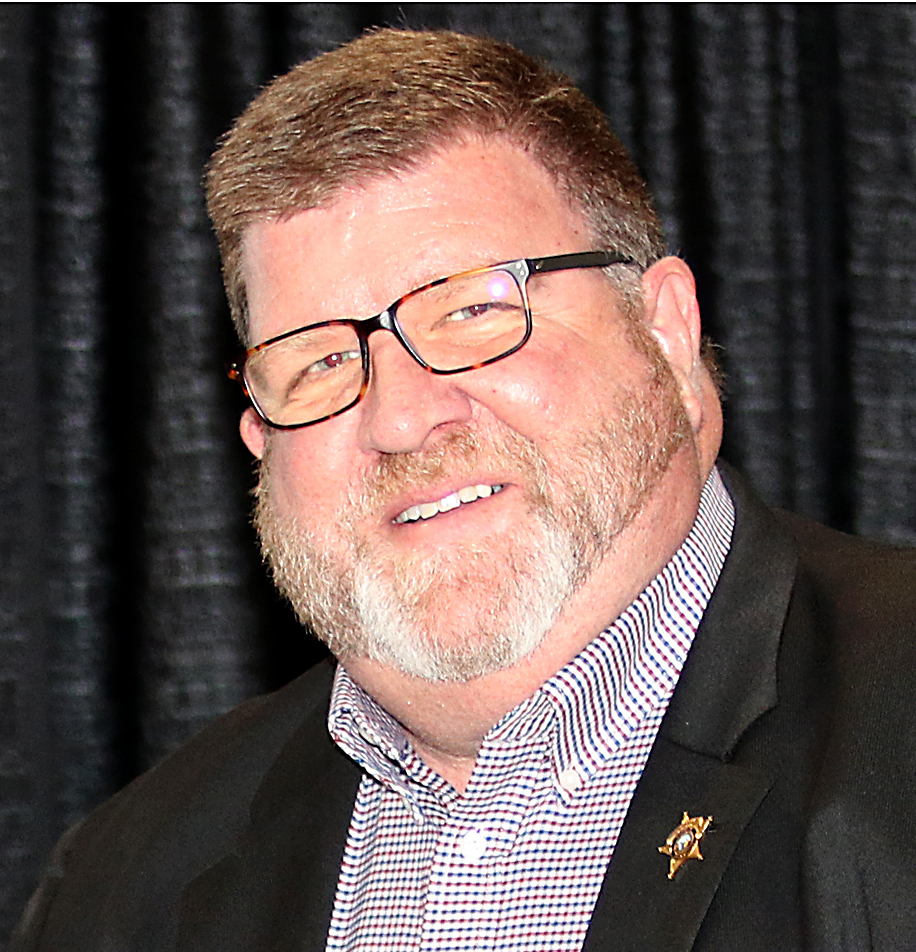By Allen Turner, The News Reporter
It’s still a work in progress, but a job creation plan for distressed communities in Columbus County is in development with help from the N.C. Department of Commerce’s N.C. Main Street and Rural Planning Center.
While the estimated cost to purchase and upgrade buildings would be $7-9 million, a successful outcome would be the creation of more than 450 jobs to the county over several years.
A 73-page partial draft of the plan has already been completed with proposed projects identified for Bolton, Chadbourn, the International Logistics Park in Delco, Fair Bluff, Tabor City and Whiteville, and data is still being gathered for Lake Waccamaw.
Preliminary hopes are high. Two existing companies from out of state want to locate and expand in Bolton and Chadbourn, providing 45 jobs initially and 200 jobs longer-term. A commercial kitchen/produce processing plant and possible call center in Fair Bluff could create 100-150 jobs. With Tabor City’s first business incubator being close to 100 percent occupancy, a second incubator is being planned there. Opportunities in Whiteville include the establishment of a 10-barrel microbrewery. The plan will also provide an economic evaluation of a 100,000-sq. ft. shell building proposed for International Logistics Park.
‘Time for Lake Waccamaw’
Plans for Lake Waccamaw are still under development. About 15 community leaders representing business and local government met earlier this month to develop a SWOT (strengths, weaknesses, opportunities and threats) analysis for the town.
The Feb. 5 meeting in Lake Waccamaw was an assessment of economic, cultural, institutional, community, natural and governmental assets in the town, and other such meetings are anticipated.
Retired Boys and Girls Homes President Bill Thompson was a participant in the Lake Waccamaw meeting, and he said the greatest strength for Lake Waccamaw is the possibility of expanding eco-tourism.
“The lake is our biggest asset, of course,” Thompson said, “and we need to find a way to utilize it in a way that won’t at the same time diminish its attraction as an asset. That’s a tough, thin line, but we want to look at as many possibilities as we can.”
Weather — the effect of storms and the susceptibility of the lake to flooding — was identified as the biggest weakness, according to Thompson. He said the group identified the current general timeline as the biggest opportunity.
“This is the time for Lake Waccamaw to act,” Thompson said. “We’ve been sort of dormant for many years.” The biggest threat is the same as the identified weakness: the weather. “No matter what we plan for, there’s not much we can do about the weather.”
Others participating in the meeting included Lake Waccamaw Town Manager Gordon Hargrove, former council member Nancy Sigmon, Mayor Daniel Hilburn and numerous people from the private sector.
“These were people who’ve been involved with the town for a long time,” Thompson said. “Although a date is not set, we will meet again and look back at what we came up with generally at our first meeting and then try to decide on the best steps to go forward.”
When the Lake Waccamaw plans are more complete, they will be added to the countywide plan that will eventually be presented to Columbus County commissioners, according to Grace Lawrence, community economic development planner for the N.C. Department of Commerce.
That plan, when finalized, will demonstrate an “excellent job development opportunity for municipalities in Columbus County,” Lawrence said. It will provide an implementation timetable, as well as potential sources of funding. Documentation will be given to grantors, legislators and other potential funders/investors.
“We hope this plan will be used as a model for other rural counties,” said Lawrence.
The following proposed projects have already been identified in the portion of the plan that is complete:
Bolton
“Project Bling,” a small manufacturer of high-end tech jewelry is owned by a woman who lives in San Francisco but still considers Bolton as her hometown. Her retired grandmother would run the manufacturing operation in Bolton. No building currently is available and construction of a 5,000-6,000 sq. ft. incubator building must be considered. The company would bring 15 jobs initially and up to 50 jobs long term.
Chadbourn
“Project Medical” is a medical coding business which currently operates out of state. Similar to the Bolton project, the owner is originally from the Chadbourn. The company would bring 35 initial jobs and 150 more jobs in the long term. A suitable building doesn’t exist, but there are several vacant properties owned by private citizens and by the Town of Chadbourn that could house the business with upfitting.
Delco
A $4 million, 100,000-sq. ft. shell building is proposed by an industrial developer for the International Logistics Park. The project would bring 25 jobs initially and 50 total over a longer period. Truck driver positions would start at $16 per hour and forklift operators would earn $12.14 an hour. This would be a joint Columbus County-Brunswick County project.
Fair Bluff
The plan identifies both a commercial kitchen/produce processing plant and a possible call center for Fair Bluff. Local growers have asked for a commercial kitchen/produce center to be able to sell to grocery chains and others. One of those local growers is already producing 120,000 pounds of tomatoes annually. Good Agricultural Practices (GAP) certification would be sought by the growers. If a building was divided and used as a combined produce processing plant and as a call center, 100-150 jobs could be created. There are two location under consideration: a new 15,000-sq. ft. building on donated property near the downtown area or renovation of the 50,000-sq. ft. former Umbro building that would be donated to either the county or the Columbus Jobs Foundation. However, that building needs a new roof, HVAC systems, lighting and re-paved parking areas.
Tabor City
A second business development center, or incubator, is being planned since the first one is nearly at capacity.
Whiteville
Opportunities include the establishment of a microbrewery, which would employ 10-15 people initially and would bring destination businesses to the downtown area.

























